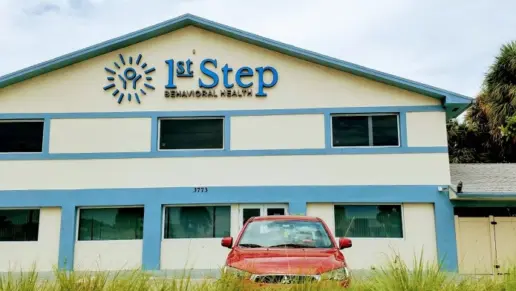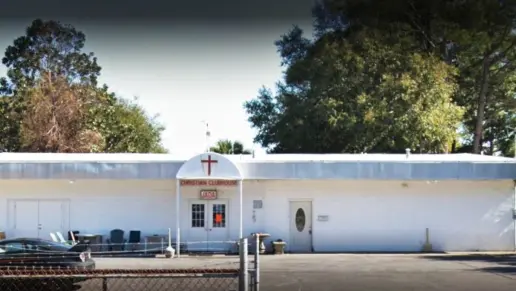I went there in 2020 for a few weeks. it was a really good program, I was not ready for help though. If you are not ready to get help, it rarely ever works. So I came up with every excuse why I should leave. But the staff, counselors, food and everything else I highly reco ...
About Lakeview Center – Road to Recovery
Located on Lakeview Center’s main campus in Pensacola, Florida, Road to Recovery is a substance misuse program that treats men and women who are suffering from drug or alcohol addictions. Their levels of care include residential treatment or intensive outpatient treatment.
This gives you a bit of flexibility depending on your schedule, responsibilities and the severity of your addiction. They accept some forms of Florida Medicaid, and their residential facility is a 46-bed home that typically provides between 30 to 60 days of treatment. They are also a dual diagnosis center, treating not only addiction but also people with co-occurring mental health issues, such as depression and anxiety, which often go hand in hand with addiction.
Their intensive outpatient program has a lot to offer in terms of services. You’ll see educational presentations, receive substance abuse education, receive life skills training, get 12-step recovery training, and receive counseling, such as individual or group counseling. Just those two services alone can be enough to change your life. Individual counseling helps you dig deep inside to find healing with the care of your therapist, while group therapy lets you connect with others in your situation.
Their residential program, on the other hand, has plenty in its own right. You’ll get individual and group counseling, just like in their intensive outpatient program, but you’ll also have 24-hour care from a team of medical professionals, get vocational development, enjoy leisure activities, participate in support groups, receive relapse preventions, and even get an aftercare plan once the program is over.
Facility Overview
Latest Reviews
Rehab Score
Gallery
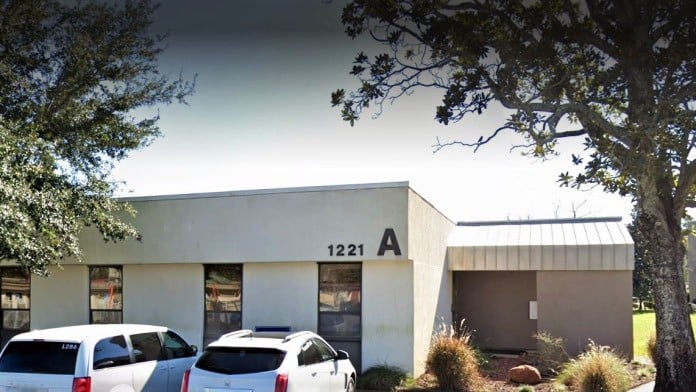
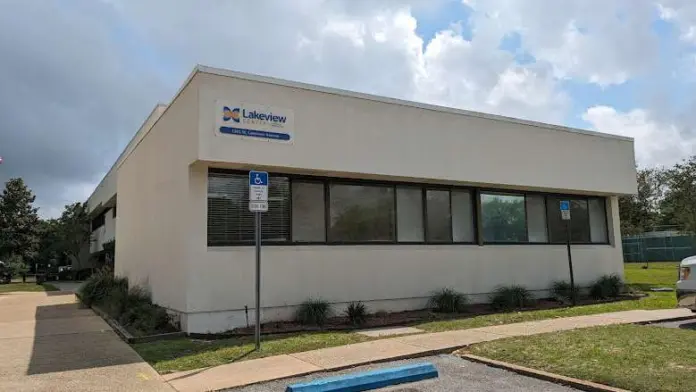
Location
Other Forms of Payment
Private insurance refers to any kind of healthcare coverage that isn't from the state or federal government. This includes individual and family plans offered by an employer or purchased from the Insurance Marketplace. Every plan will have different requirements and out of pocket costs so be sure to get the full details before you start treatment.
Self-pay involves paying for treatment out of your own pocket. You can use savings or credit, get a personal loan, or receive help from family and friends to fund your treatment. If you don't have insurance or your insurance plan doesn't cover a specific program, self-pay can help ensure you still get the care you need.
Financial aid can take many forms. Centers may have grants or scholarships available to clients who meet eligibility requirements. Programs that receive SAMHSA grants may have financial aid available for those who need treatment as well. Grants and scholarships can help you pai for treatment without having to repay.
Sliding scale payments are based on a client's income and family size. The goal is to make treatment affordable to everyone. By taking these factors into account, addiction recovery care providers help ensure that your treatment does not become a financial burden to you or your family, eliminating one barrier to care.
Medicaid is a state based program that helps lower-income individuals and families pay for healthcare. Medicaid covers addiction treatment so those enrolled can use their coverage to pay for rehab. When a program accepts Medicaid the client often pays very little or nothing out of their own pocket.
Addiction Treatments
Levels of Care
Treatments
The goal of treatment for alcoholism is abstinence. Those with poor social support, poor motivation, or psychiatric disorders tend to relapse within a few years of treatment. For these people, success is measured by longer periods of abstinence, reduced use of alcohol, better health, and improved social functioning. Recovery and Maintenance are usually based on 12 step programs and AA meetings.
Drug rehab in Florida provides quality treatment to help individuals overcome dependency related to a wide range of addictive substances. Programs address both the physical and mental aspects of addiction in order to help you make a full recovery.
Many of those suffering from addiction also suffer from mental or emotional illnesses like schizophrenia, bipolar disorder, depression, or anxiety disorders. Rehab and other substance abuse facilities treating those with a dual diagnosis or co-occurring disorder administer psychiatric treatment to address the person's mental health issue in addition to drug and alcohol rehabilitation.
A combined mental health and substance abuse rehab has the staff and resources available to handle individuals with both mental health and substance abuse issues. It can be challenging to determine where a specific symptom stems from (a mental health issue or an issue related to substance abuse), so mental health and substance abuse professionals are helpful in detangling symptoms and keeping treatment on track.
Opioid rehabs specialize in supporting those recovering from opioid addiction. They treat those suffering from addiction to illegal opioids like heroin, as well as prescription drugs like oxycodone. These centers typically combine both physical as well as mental and emotional support to help stop addiction. Physical support often includes medical detox and subsequent medical support (including medication), and mental support includes in-depth therapy to address the underlying causes of addiction.
Programs


Clinical Services
Group therapy is any therapeutic work that happens in a group (not one-on-one). There are a number of different group therapy modalities, including support groups, experiential therapy, psycho-education, and more. Group therapy involves treatment as well as processing interaction between group members.
In individual therapy, a patient meets one-on-one with a trained psychologist or counselor. Therapy is a pivotal part of effective substance abuse treatment, as it often covers root causes of addiction, including challenges faced by the patient in their social, family, and work/school life.
Trauma therapy addresses traumatic incidents from a client's past that are likely affecting their present-day experience. Trauma is often one of the primary triggers and potential causes of addiction, and can stem from child sexual abuse, domestic violence, having a parent with a mental illness, losing one or both parents at a young age, teenage or adult sexual assault, or any number of other factors. The purpose of trauma therapy is to allow a patient to process trauma and move through and past it, with the help of trained and compassionate mental health professionals.
During family therapy sessions, you navigate the complexities of addiction and are provided tools to help improve communication and resolve conflicts. When you work together, families can better support their loved one's recovery and restore balance and harmony within the household.
Amenities
-
Residential Setting
Staff & Accreditations
Staff

CEO

President

Vice President of Corporate Development
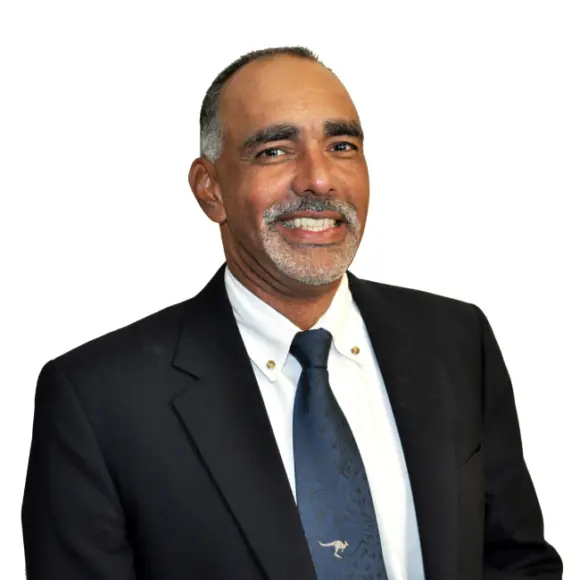
Clinical director, Psychologist
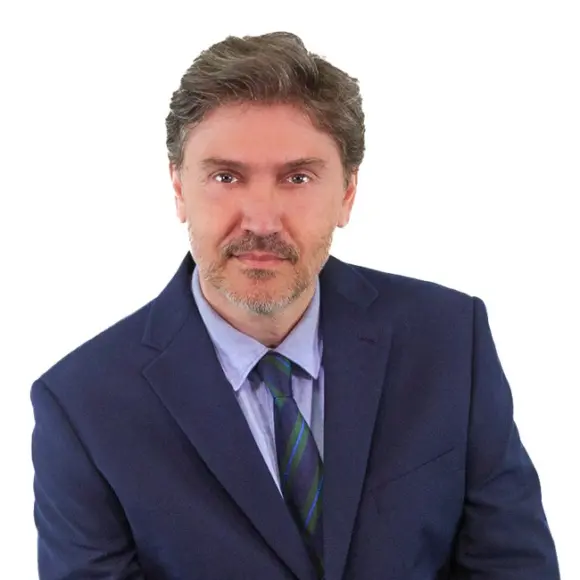
Chief of Medical Services, Psychiatrist
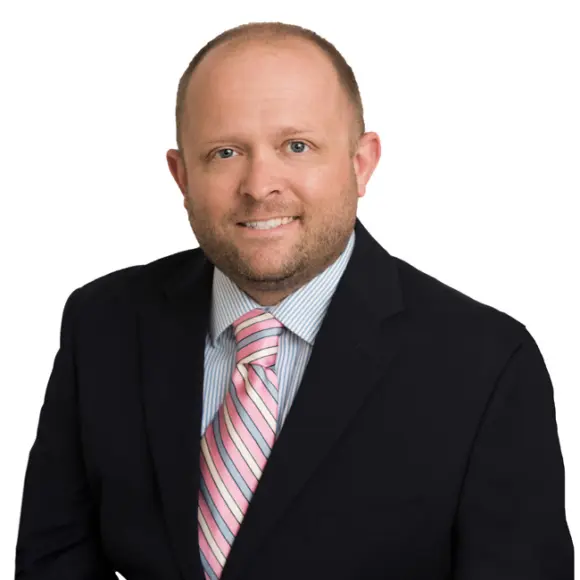
Director of Outpatient Services and Medical Operations
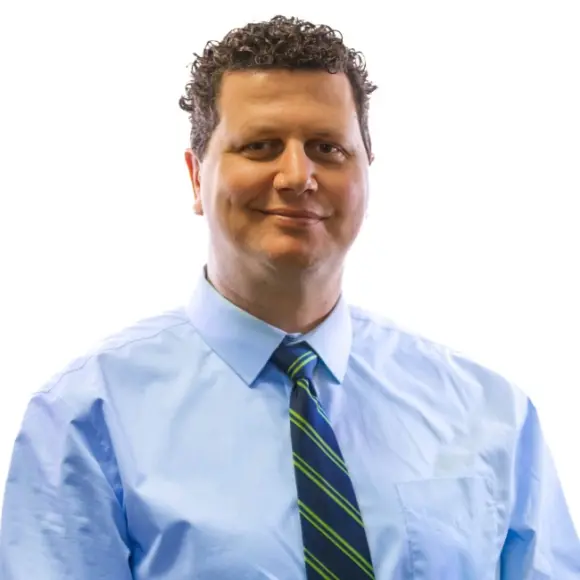
Director of Residential Services – Adult and Children

Director, Behavioral Health Administration and Practice Management
Accreditations

The Commission on Accreditation of Rehabilitation Facilities (CARF) is a non-profit organization that specifically accredits rehab organizations. Founded in 1966, CARF's, mission is to help service providers like rehab facilities maintain high standards of care.
CARF Accreditation: Yes
Contact Information
1301 W. Lakeview Ave.
Second Floor
Pensacola, FL 32501
